
Career Exploration: Science
What is Science?
Being a scientist requires more than just a white lab coat and safety goggles. Science encompasses discovery and study under a microscope, through a telescope or anywhere else you can observe. Scientists may study sloth behavior, DNA structure, star luminosity or gravitational pull, but they are all united by a common aim: to understand and explain how the world works. Curiosity and creativity are essential to Science. Scientists are perpetually asking, “Why?” Once they have formulated a question or a hypothesis, scientists design tests and gather evidence to find an answer.
Exciting Science Careers To Explore:
Food Scientist
Food science is constantly adapting to the tastes and preferences of eaters. The Institute of Food Technologists describes food science as “the study of the physical, biological, and chemical makeup of food; and the concepts underlying food processing.” A related field, food technology, is “the application of food science to the selection, preservation, processing, packaging, distribution, and use of safe food.” Food scientists are well versed in biochemistry and chemical engineering. They apply this knowledge to food production, processing and packaging to develop and improve products. Once a discovery has been made, food technologists use technology to manufacture it on a large scale. Together, food scientists and technologists create safe and nutritious foods packaged for protection and convenience.

Cartographer
Cartography is the science of mapmaking. Through research, mathematics and modeling, cartographers create visual representations of an environment. Cartographers have existed since before the ancient Greeks, but a modern cartographer's job looks very different. Originally, mapmaking was primarily done on walls or parchment, requiring artistic finesse. Modern cartographers work with GIS and computer programming — plus, they map much more than just landmasses. Today, cartographers can use their research to create cartograms (maps that graphically represent data rather than physical size), map “smellscapes” around a city or visually represent big data.

Cytogenetic Technologist
A cytogenetic technologist interprets the code hidden in human chromosomes to diagnose and treat genetic diseases. Most cytogenetic techs work in hospitals or laboratories. Among their daily tasks, these technologists prepare slides, examine samples under a microscope and search chromosomes for irregularities (karyotyping). Cytogenetic technologists also communicate their findings with doctors, researchers and families of patients. As the field of genetics continues to grow and new types of testing are discovered, the demand for cytogenetic technologists will grow at a pace faster than the average job growth.

Radiologist
Radiology combines medical Science and technology to diagnose patients with everything from a broken wrist to breast cancer. Radiologists use a variety of medical imaging tools to examine the internal parts of the human body. Depending on the symptoms, a doctor may order an X-ray, CT (computed tomography) scan, MRI (magnetic resonance imaging), PET (positron emission tomography) scan, or ultrasound. Using information from these images, radiologists can diagnose patients and create a strategic treatment plan based on their findings.

Oceanographer
Sylvia Earle, President, and Chairman of Mission Blue, is a legendary oceanographer, explorer, author and lecturer. As an oceanographer, Sylvia studies the physical and biological aspects of the ocean. From marine life to oceanic sustainability, Syliva has been an advocate for our oceans for nearly four decades. Because oceanographers can specialize in many different areas, their day-to-day responsibilities will look different. Those who study marine life and plants are known as Biological Oceanographers, whereas someone who studies the composition of the seawater is known as a Chemical Oceanographer. With so many different disciplines within Oceanography, one thing remains the same — they each study the ocean in their own manner.
Expand Your Student’s Love for Science:
As you explore different career paths within the field of Science, getting your students excited can be a challenge, but that's why we’re here! With a variety of products to choose from, your students will be excited to explore the scientific opportunities that await them. From Life Science to Earth Science and everything in between, whichever scientific field sparks their interest, we have a product for them! Fit for any learning environment, our programs allow students to explore their interests through hands-on and interactive activities.
As you explore the exciting field of the sciences with your learners, remember that Science isn’t just microscopes and beakers. Science is a field of observation and discovery aimed to answer the question of "why". When paired with a little curiosity and creativity, our learners can spark a lifelong love of STEAM. Check out this Enrichment Program that's sure to ignite some scientific inquiry! Covering Physical, Life, and Earth Sciences, Oceanic Exploration is a great way to help students explore their interests from an under-the-sea perspective.
Dive deep with Oceanic Exploration. Through engineering design activities, challenge learners to collaborate on sustainability projects, answering and reflecting on critical sea-dwelling questions. With action-packed, hands-on STEM activities, discover the physical and geological sciences that underpin all ocean life.
Explore the STEAM Series
Designed to help you start conversations with your learners, this series explores a world of careers. From animation to drone production, the sky is the limit! Join us in this five-part STEAM series as we inspire learners to think about their passions and interests and how they can transform that into a career. Explore each blog article below:
- Part 1: STEAM Career Exploration
- Part 2: Science
- Part 3: Technology
- Part 4: Engineering
- Part 5: Arts
- Part 6: Mathematics
What are your thoughts?
As we explore more exciting career paths linked to each subject, we’d love to hear your thoughts! As we close out part one of our series, what other scientific careers can you name that we may not have covered? How will this career spark excitement for learners interested in the field? Comment below! Also, if you’d like us to cover a specific career in one of our upcoming blogs (technology, engineering, arts or mathematics), let us know!

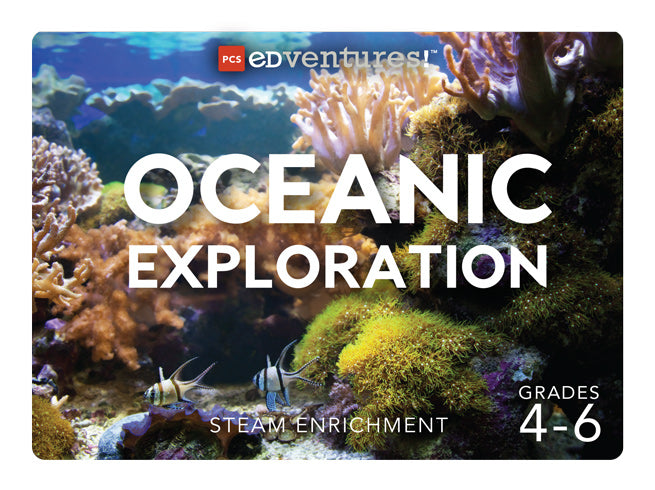
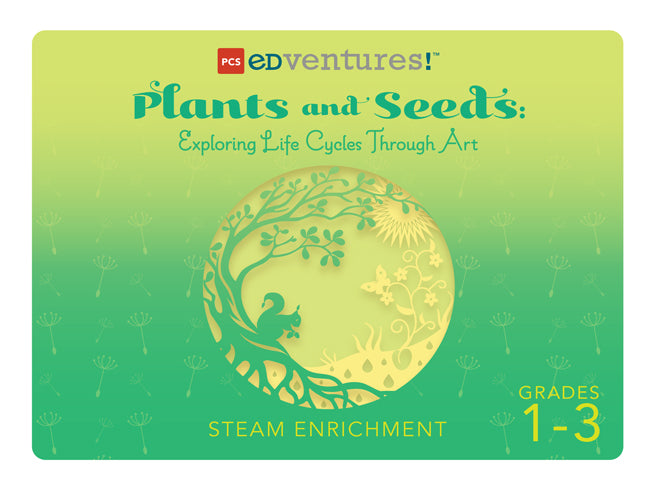
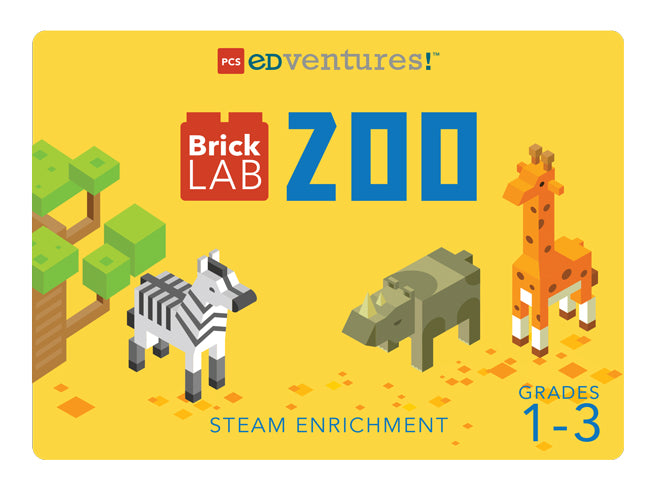
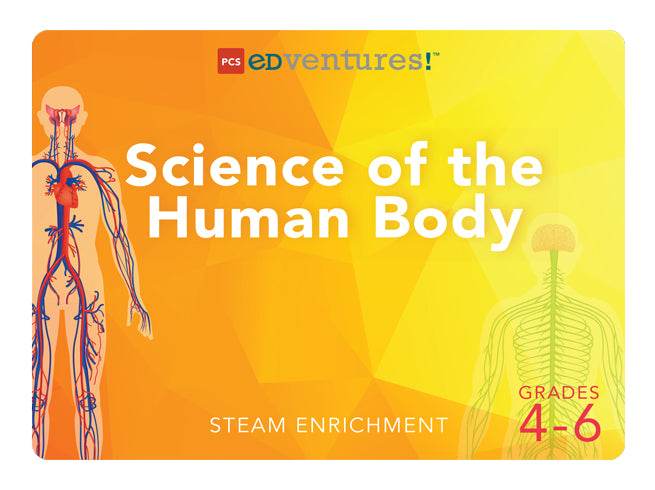
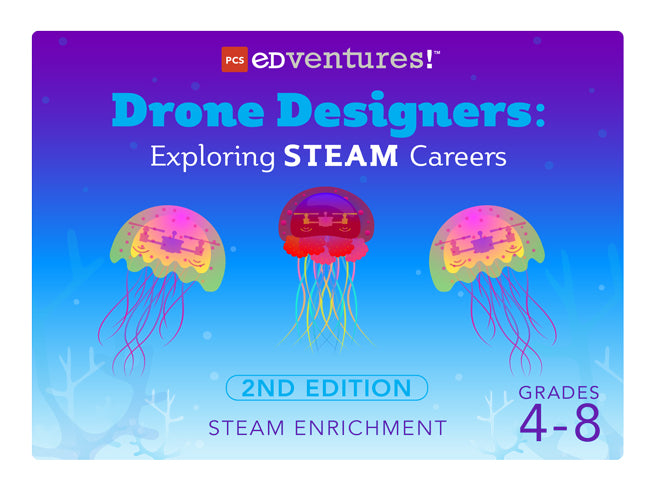
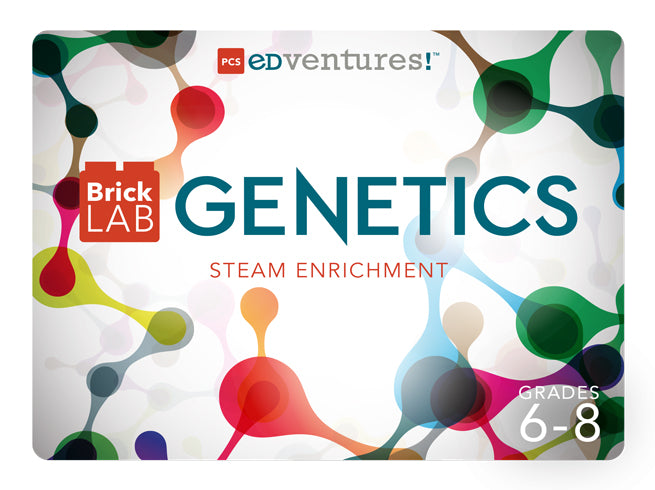
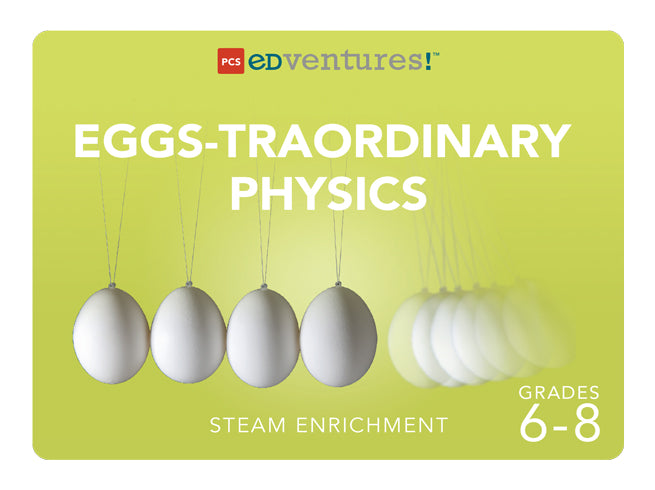








2 comments
Hi Beth! We have a number of science-focused programs available here: https://edventures.com/collections/science. You can also check out our Year of STEAM Inspiration catalog for guidance on full-year programming (https://offers.edventures.com/stembassador-community#catalogs) or get in touch with a STEM program expert (https://edventures.com/pages/stem-programs-consulting) for a personalized quote!
I am interested in the STEAM Career series. In particular, the Science series. I don’t see this listed in the catalog. Is this a series that can be purchased and if so, what is the price?